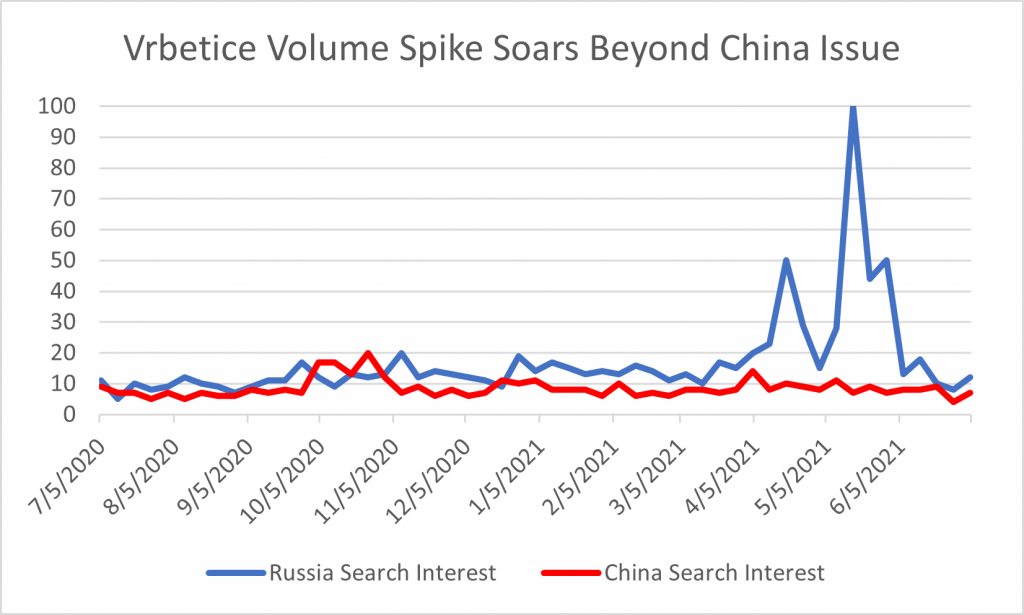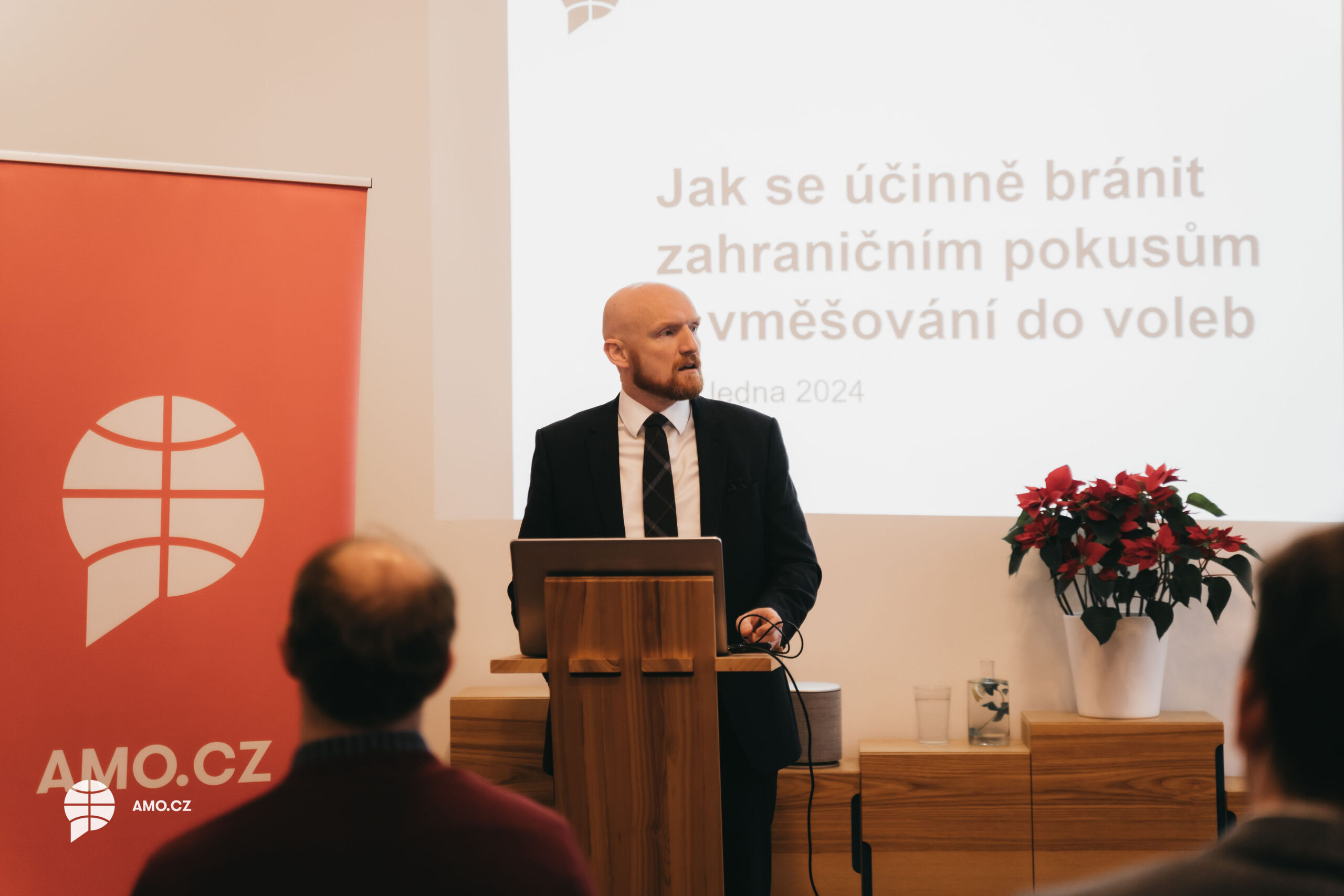Thousands of angry citizens rally in Budapest, bolstered by a rebuke of Beijing by renaming streets after China’s most taboo subjects. The cancellation of a sister city arrangement and an open invitation to Taiwan from Prague, irking Chinese diplomats. Each of these conflicts with Beijing served as flash points that drew not only local, but international attention to signals of a strained relationship between China and Central European countries.
Yet, as time passes, the focus on the unrest fades and the actual underpinning of the bilateral relationship between Czechia and China, as well as Hungary and China, remain largely unmoved. Overall, this signals the unfortunate over-optimism of onlookers as to the impact of China politics in both ongoing and upcoming political campaigns in Central and Eastern Europe (CEE).
What’s Happening in Hungary
Outwardly, Hungary is perhaps China’s staunchest ally in the CEE region, perhaps only challenged by Serbia. Within the EU there is little question, as its adamant support of Beijing over issues like the Hong Kong protests has encouraged major officials to invite a reassessment of EU procedures.
However, the domestic outlook is certainly more complicated. No issue has highlighted the underlying uncertainty about Sino-Hungarian relations to the extent that the Fudan University campus in Budapest.
The Shanghai-based university is set to establish a new campus in the Hungarian capital, ‘replacing’ the recently evicted, Soros-linked Central European University. While initially not overly controversial, revelations uncovered by independent Hungarian outlet Direkt36 quickly drove the debate over the campus to the forefront of Hungarian politics.
Documents revealed that Prime Minister Viktor Orban’s government termed the construction a “Chinese only project”, meaning only Chinese companies and banks could underwrite the project. Worse yet, the expensive and expansive new campus will be paid for by Hungarian taxpayers, raising public ire and drawing citizens to the streets in protest.
Seizing upon the opportunity, Budapest Mayor Gergely Karacsony made audacious steps to rename streets surrounding the Fudan project. The new names included “Uyghur Martyrs’ Road”, “Bishop Xie Shiguang Road”, “Free Hong Kong Road”, and “Dalai Lama Street”.
“We oppose the government’s Fudan university campus project and are renaming streets in the area (e.g. to Dalai Lama Road) to show our disapproval,” the mayor tweeted. “We welcome foreign universities that are not linked to oppressive state ideologies, are transparent, and not disadvantageous for Hungarian taxpayers.”
Unfortunately for the China-hawk challenger to Orban in the 2022 election, the scandal appears to have faded from the frontline as issues like state-sponsored spying overtakes the international issue in domestic discourse.
Indeed, reviewing Google search trends in Hungary over the past few months, Fudan reached a fever pitch in mid-June as one of the most-searched terms in the country. However, by early July search traffic had flatlined. Further, defensive efforts by state-connected news outlets that increasingly dominate the overall media discourse appear to have dampened the issue’s inflammatory effect.
Just as quickly, public protests have lost steam, with the movement now largely remembered by virtue of the new street signs. Given the quick decline in public discourse, the issue of Fudan is unlikely to play quite the role in the 2022 elections that had initially been forecast.
Still, many are optimistically betting on at least a shift in Hungary’s orientation toward China as the election approaches.
Prague’s Passing Protest
Nonetheless, there is also reason to think that such optimism on China policy might be misplaced. One need look no further than the precedent set by politicians in Prague and their dalliances with the Taiwan issue in 2020.
The issue came to the fore in the Czech capital early in 2020 as the newly elected mayor, Zdeněk Hřib, decided to review the city’s sister city arrangement with Beijing. Hřib, who studied in Taiwan whilst completing his degree in medicine, took issue with the highly unusual clause in the agreement that committed Prague to adhere fully to the One China Policy.
As a rebuke of the clause, the mayor moved to cancel the prior arrangement with the Chinese capital, which Beijing soon pre-empted in outrage by cancelling unilaterally. Shanghai, which also fostered sister city cooperation with Prague, also broke off ties. The Prague mayor then pushed further against Beijing by moving to initiate a sister city agreement with the Taiwanese capital, Taipei.
As may have been expected, the motion raised the ire of China’s wolf-warrior diplomats, many of whom had already taken aggressive stances on Czech-Taiwan relations as then-Senate-President Jaroslav Kubera was still negotiating terms to visit Taiwan with an official delegation.
Per search analytics from Google, January through March 2020 marked a five-year-high in search traffic among Czechs on the Taiwanese issue. Most of the search traffic would be concentrated in Prague amidst the sister-city issue, a lopsidedness notable even despite Prague’s population and internet usage dominance across the country.
Yet the peak would pale in comparison to the visit of Czech Senate President Miloš Vystrčil to Taipei in fulfillment of the plans laid by his late predecessor, the aforementioned Kubera. Of course, the Prague mayor Hřib would be added as part of the delegation that drew plenty of attention not only from the PRC, but the Czech Republic.
However, perhaps foreshadowing the Fudan scandal’s fate in Budapest, the issue has shown itself to be essentially a non-factor in the Czech parliamentary campaigns this year.
Instead, domestic issues related to the handling of the pandemic, EU corruption charges against the current Prime Minister, sexual assault allegations against a rising star in the opposition, and funding for social programs have dominated the discourse. China and Taiwan, despite their top-of-mind status throughout much of 2020, have taken a backseat.
In fact, China was outdone in terms of Czech attention to foreign interest, with Russia piquing the public interest to a far greater degree. This is largely due to revelations related to the 2014 Vrbetice blast, the subsequent diplomatic spat that landed Czechia on the Kremlin’s “unfriendly nations” list alongside the USA, and the ongoing debate about Sputnik V vaccines.

Suffice it to say, that while the issues related to China and Taiwan raised the profile of certain domestic politicians in the international arena, the surge in overall political importance for Sino-Czech and Czech-Taiwanese issues among Czech voters was fleeting. In the end, one of the most popular political talking points a year prior to elections is presently playing almost no role in popular party platforms.
Whether this is a matter of a pointed focus of Czechs on domestic issues alone or simply a matter of timing, the lesson remains the same. That being, issues that often capture international attention and pique popular interest are not always assured staying power as election issues.
As such, for those looking at Fudan as a potential campaign issue and catalyst for Budapest mayor and Orban-challenger Gergely Karácsony, that fast fading from the headlines of his counterpart in Prague might lead one to hedge those bets.


